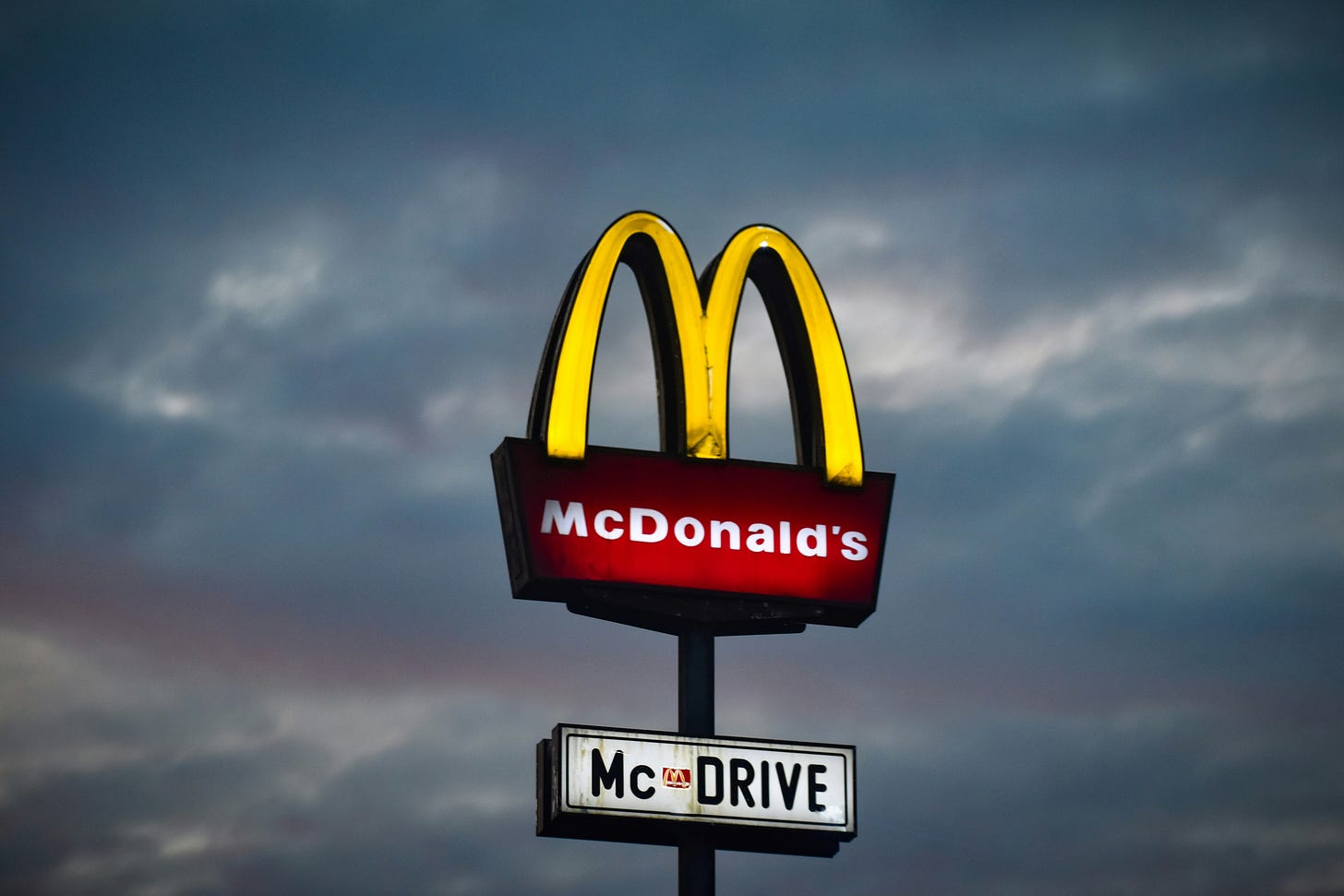You’re reading CX Stories, a newsletter about customer experience innovation. If you want to join the 6000+ lovely people who receive it every month, just click the button below.
As regular readers know, I spend a lot of time on trains. In fact, I’m on one now.
The armrest is at an uncomfortable height. The wifi is loading photos at 1990s dial-up speed. I’ve been trying to publish this article for an hour. The super-fast train is twisting and turning to the point where we all feel travel sick and devices are flying off the tiny tables. We’re still an hour from Euston and far from flying through my emails, I’m getting that sense of slipping behind as nothing can get done.
So I want the journey to be quicker, right? Well, not necessarily.
On my morning commute, I used to always get a fast train, with one change, that got me into the office for 8:45. That train is quick, but seats were at a premium, so I’d usually take my place next to someone’s sweaty armpit or, on a good day, sit on a bin.
When the Elizabeth Line arrived, I had another choice. A slower train that stopped at all of the finest sights West London had to offer, a train that would get me in the office fifteen minutes later, at 9am. But, I didn’t have to make any changes. My hotspot worked well. And crucially, it was easy to get a seat.
So I have a choice. Arrive at the office earlier, but sweaty, rushed, and miserable. Or get in a bit slower, but calm, relaxed, and having already cleared my inbox for the morning.
This is the myth of speed.
A few years ago, I was working with a company on how they handled complaints.
They had twenty different markets around the world, with a fairly standardised approach to complaints handling.
Every market had a KPI for how quickly to acknowledge the complaint.
And every market had a KPI for how quickly to resolve the complaint.
What was interesting, though, was when you spoke to customers, that didn’t matter. Within reason, they didn’t mind how long it took to resolve the complaint – as long as they felt the complaint had been considered properly, and that they’d been kept up to date throughout.
Yet none of the markets had a KPI for regularly to keep the customer informed.
So, the company acknowledged the complaints quickly. And they resolved them within their complaint-handling KPI, within a few days.
As a result, they had a reopen rate of 33%.
At the time, the company were spending millions on a project to speed up complaint handling. The irony was though, if they simply asked their team to contact the customer with an update every couple of days, they could actually have taken longer to resolve the complaint. The customers would have been happier, and they’d have saved millions in the process.
Making things quicker logically makes sense, doesn’t it? One of those things that you’ll never get in trouble for trying to do, because, of course, customers all want everything to be as quick as possible, all the time.
Well, no, not quite. As always, context is everything.
If I’m in a McDonalds, I want the food, fast. I want to order, pick up, and eat as quickly as possible, before any semblance of guilt can set in. And that’s what McDonalds are brilliant at. Quick ordering, quick delivery, absolute certainty of what you’re going to get.
But what if I’m in a Michelin-starred restaurant? Unlikely, admittedly. But if someone else has agreed to pay and so I’ve gone along, do I want it to be quick? Absolutely not. I want to take my time, enjoy the anticipation, savour every mouthful, lose myself in the atmosphere. In fact, if I was in and out in an hour, I’d feel short-changed (or whoever was paying the bill would).
So the trap to avoid is to believe that absolute speed matters. It doesn’t. What does is contextual speed, understand what matters to yours customers at different moments and different times. This means understanding when speed genuinely matters, when getting it right first time is more important, or when it might be a more pleasant experience to slow things down. As long as you’re providing certainty throughout, you can take your time, your customers will be happy – and it might save you a fortune, too.
After all, as Rory Sutherland once said, you don’t need to spend billions on HS2. You can just spend a fraction of that money on better wifi, and on people walking up and down the train handing out free champagne. No one would care how long it would take.
Thanks for reading this article, I really hope you enjoyed it. You can subscribe to my monthly newsletter below, find me in picture form on Instagram @johnjsills, or in work mode at The Foundation and LinkedIn.

